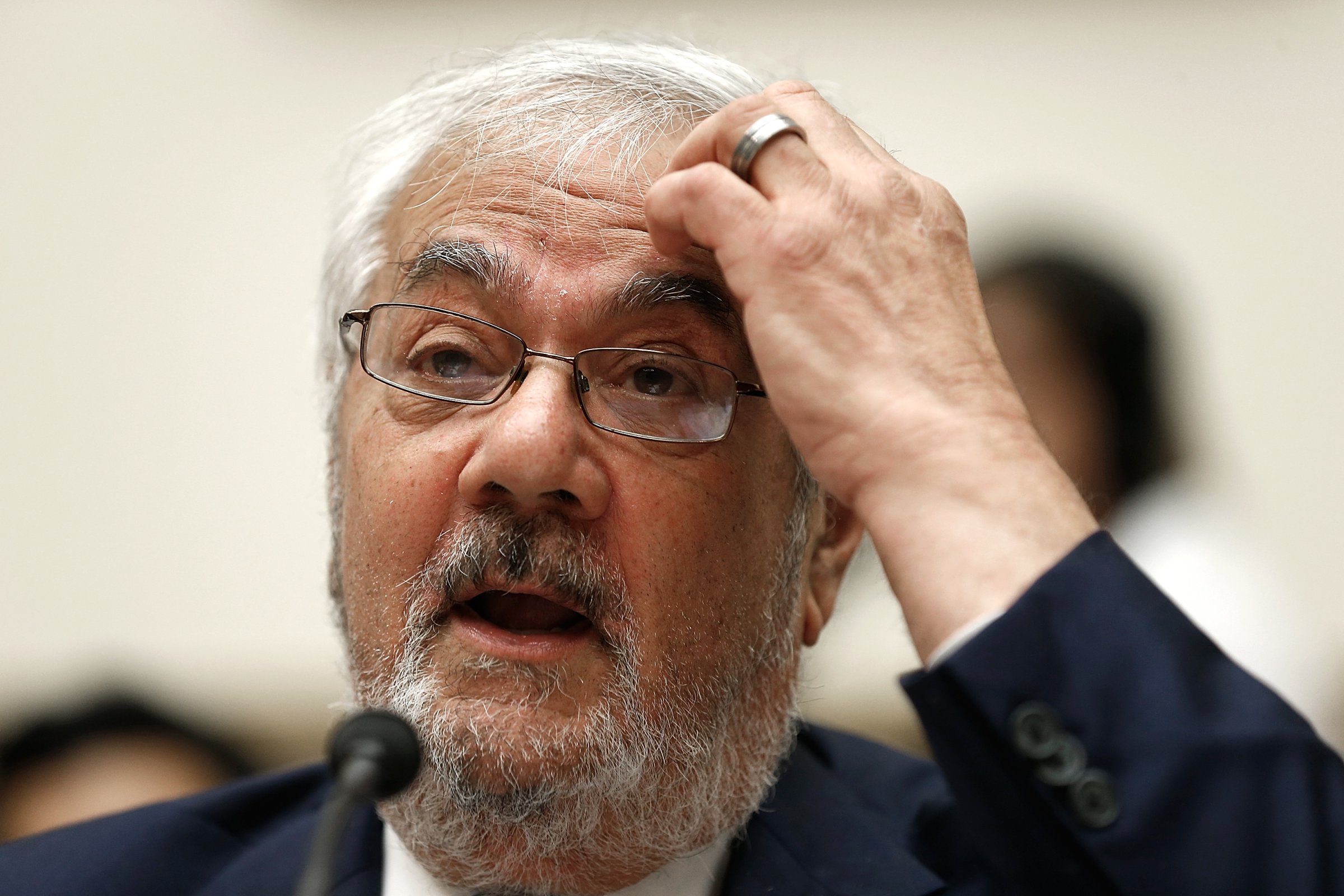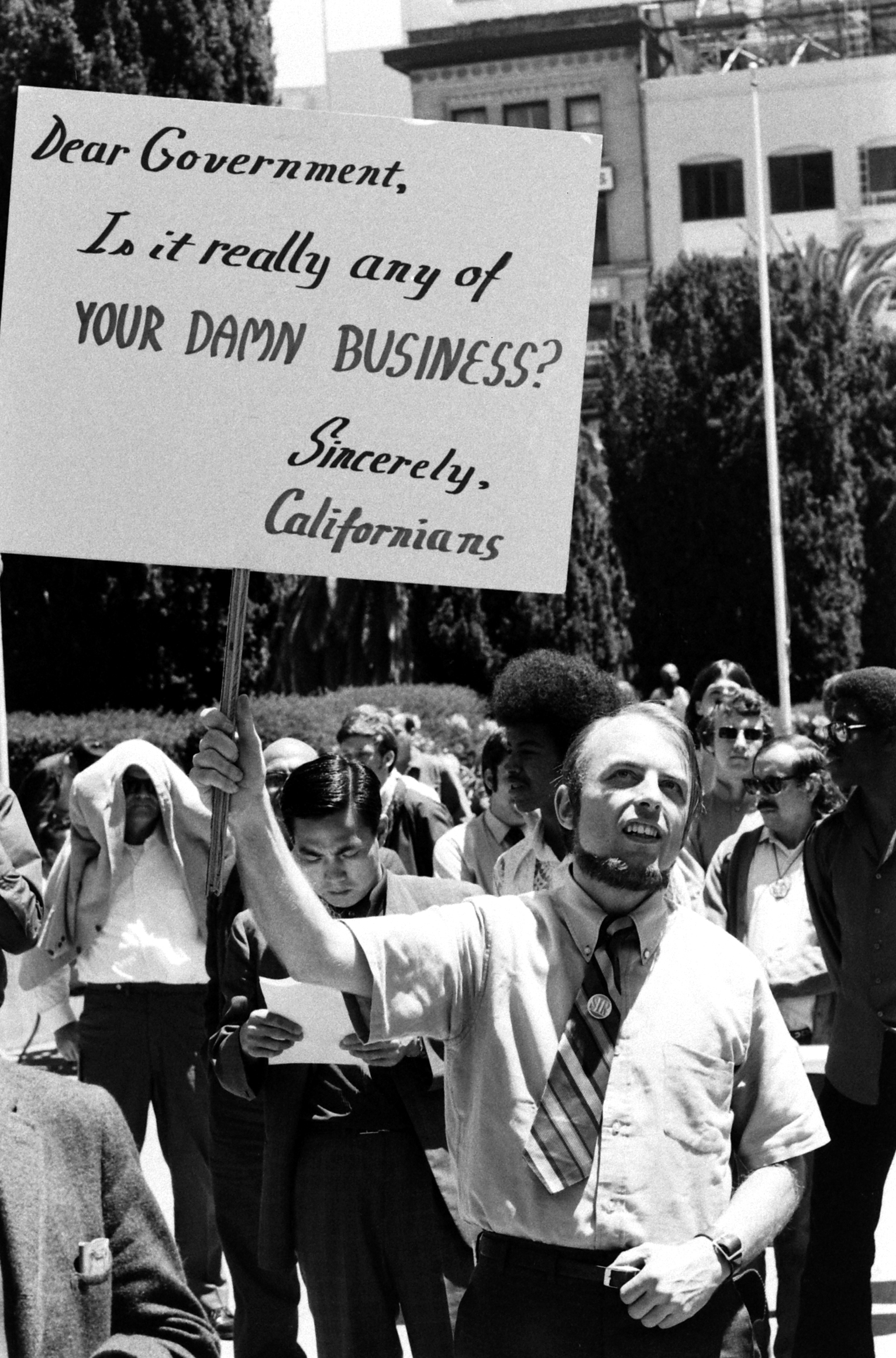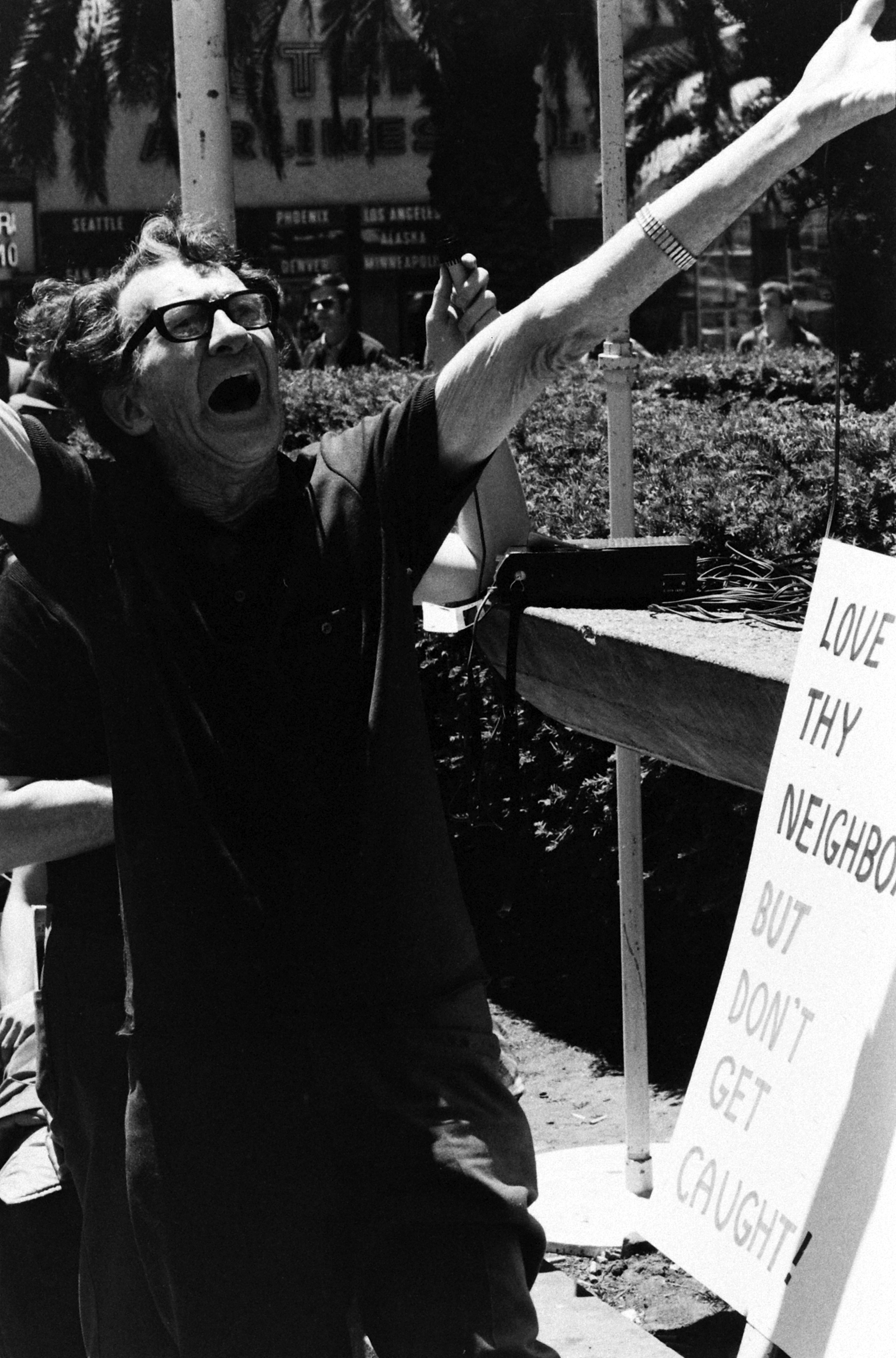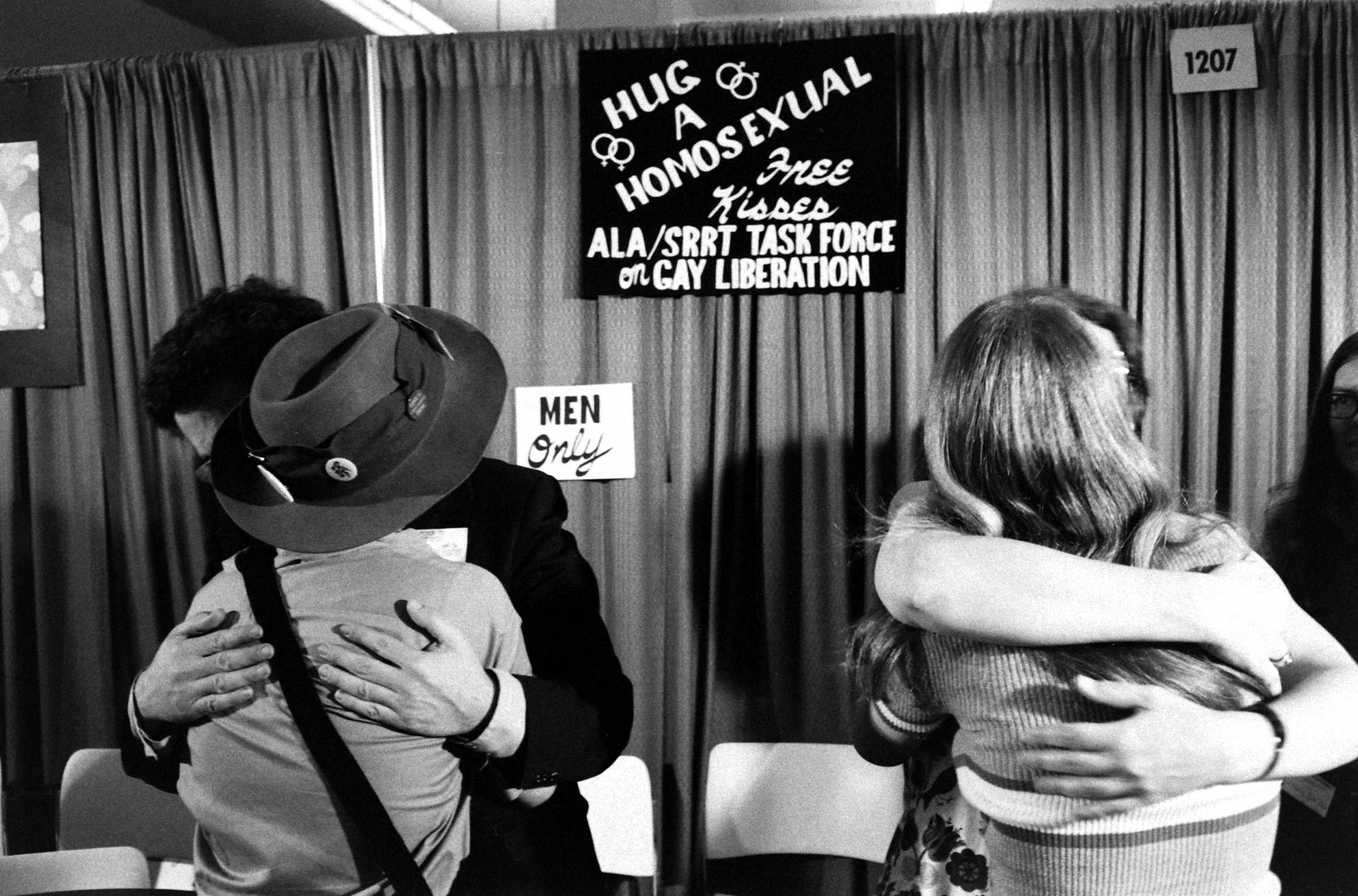
The first openly gay member of Congress said Indiana’s controversial new religious freedom law sends a clear message that the state discriminates, and that he now regrets his role in passing a federal law that has been used to justify similar state laws sweeping the country.
“It’s a statement by the state: ‘Prejudice is alive and well in our state,'” former Massachusetts Democratic Rep. Barney Frank said in an interview with TIME.
Frank spoke to TIME on Tuesday after Indiana Gov. Mike Pence, bowing to days of criticism from business leaders, gay rights groups and others, urged state lawmakers to clarify that the measure doesn’t allow businesses to discriminate against gay customers or anyone else. He said Pence’s comments that the law was never meant to discriminate were undermined by statements from supporters of the law who had raised the prospect of it allowing businesses to refuse services for same-sex weddings.
MORE: Uproar Over Religious Freedom Law Trips Up Indiana Governor
“He said the law that was passed—which was specifically to allow people to discriminate against gay people—does not allow you to discriminate against gay people,” Frank said. “If that were in fact the case, there wouldn’t have been any law.”
And he expressed dismay that a federal law signed in the 1990s by then-President Bill Clinton with his support, which initially came about to protect the religious practice of Native Americans using the illegal drug peyote for ceremonial purposes, was being used for political cover by Pence and Republicans pushing similar measures elsewhere. That bill was intended as a “shield for people for their own religious practices,” he said, not as a “sword” used to discriminate. “I now believe that the federal version… was overly drawn, and that people were not thinking about the extent to which it would be an exception to any discrimination laws. I’d like to go back and redo some of the federal law. A number of us did not pay sufficient attention to it.”
Pence signed the state’s Religious Freedom Restoration Act into law last Thursday, igniting a national firestorm and shining a spotlight on his state’s capital just days before it hosts the NCAA Final Four tournament. Critics of the law argue it’s an open door for discrimination, while some proponents including Pence say it is simply meant to protect religious liberty from government overreach and doesn’t allow any form of discrimination. Hours after Pence bemoaned “mischaracterizations” of the law and acknowledged being “taken aback” by the uproar, Arkansas lawmakers gave final approval to a similar measure.
“I abhor discrimination,” Pence told reporters Tuesday. “This law does not give anyone a license to deny services to gay and lesbian couples.”
Frank, who served in Congress from 1981 to 2013, said he, too, was surprised by the intensity of the backlash: “I have said for years that I’ve continually been surprised by how fast we are progressing in defeating anti-LGBT prejudice.”
“He’s not a Tea Party guy—I served with him in the House—he was one of the more conservative members,” Frank said of Pence, who hasn’t ruled out a campaign for the 2016 Republican presidential nomination.“But I think in this case he is suffering from a severe case of cultural lag. You know, a few years ago this would have been acceptable.”
Read next: Miley Cyrus Says Indiana’s Religious Freedom Law Supporters ‘Are Dinosaurs, and They Are Dying Off’
Silent No More: Early Days in the Fight for Gay Rights















More Must-Reads from TIME
- Why Trump’s Message Worked on Latino Men
- What Trump’s Win Could Mean for Housing
- The 100 Must-Read Books of 2024
- Sleep Doctors Share the 1 Tip That’s Changed Their Lives
- Column: Let’s Bring Back Romance
- What It’s Like to Have Long COVID As a Kid
- FX’s Say Nothing Is the Must-Watch Political Thriller of 2024
- Merle Bombardieri Is Helping People Make the Baby Decision
Contact us at letters@time.com